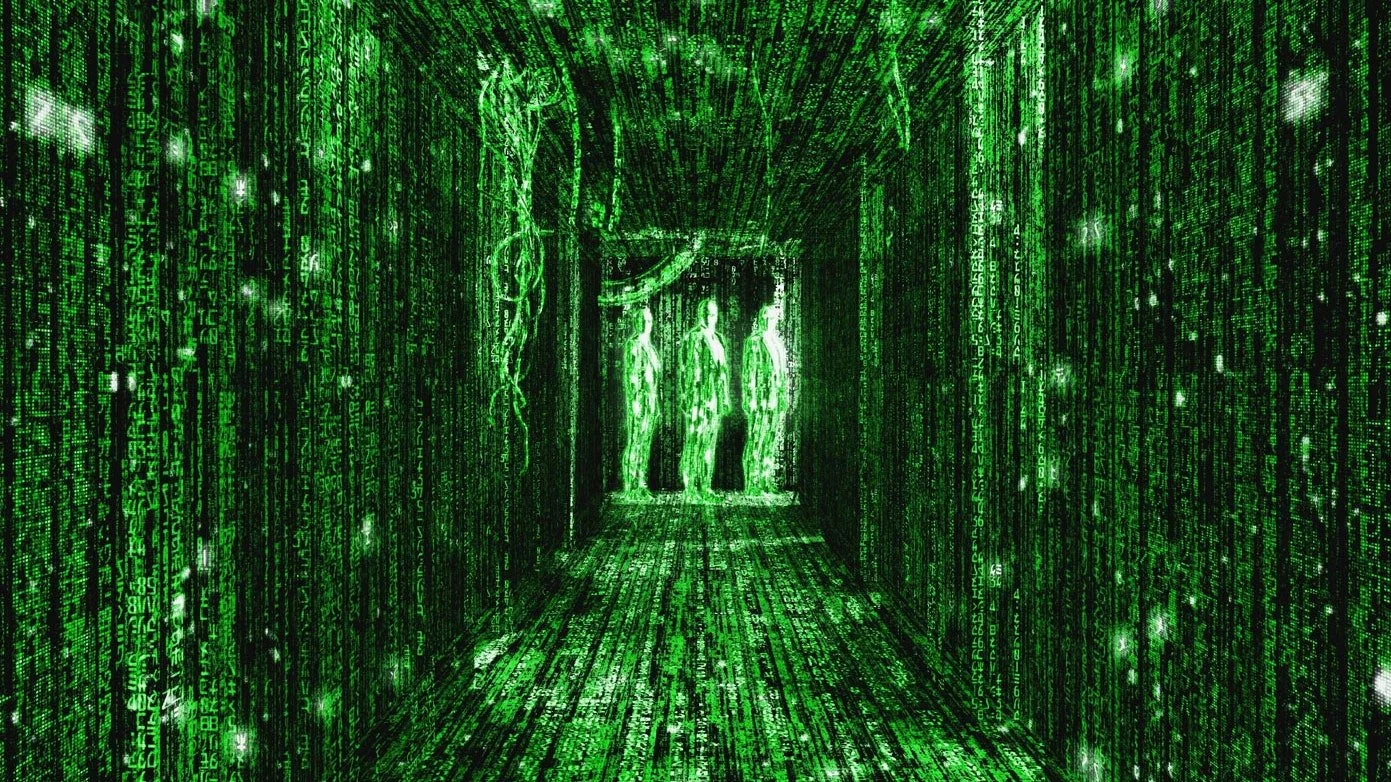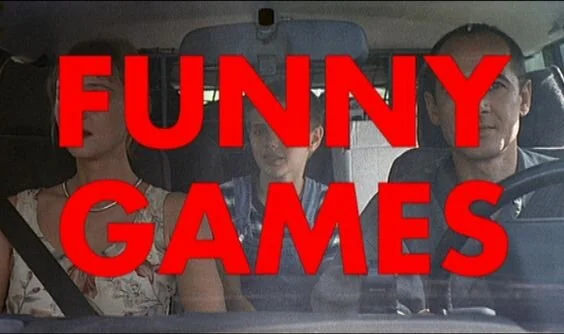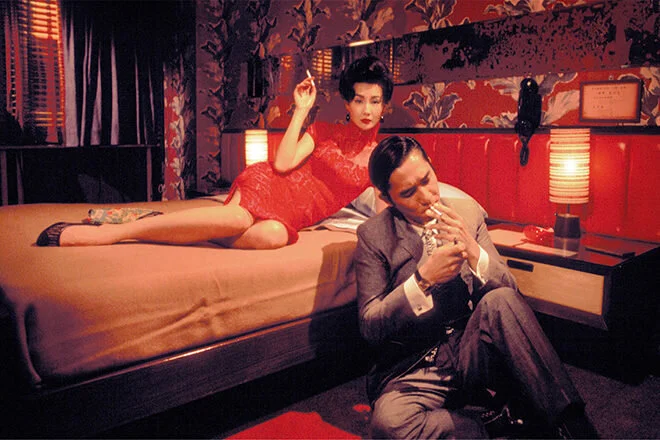GATA dives deep into the world of the successful Spanish director to analyze his latest debut at the Oscars, and do a journey through his best films.
Read MoreThe Matrix is known for its emerald-tinted, cyber-punk, soft-club, industrial-dystopian aesthetic. A pillar of late 90s pop culture and the era's unique approach to design and fashion. What is the “Matrix”?
Read MoreGATA Magazine had the pleasure to sit down with curator, DJ, skater, artist, and actor Leo Fitzpatrick in his New York gallery, “Public Access” to chill and talk about his career, life, and achievements in and out of the big screen.
Read MoreScary movies on Halloween are the equivalent of chocolate on Valentines Day or presents on Christmas. They are something that you’ll never age out of- unless you become weak-hearted that is.
Read MoreDespite not being a big industry compared to the US, Latin cinema produces a large number of films from the most diverse genres. These movies, before concentrated only in their countries (almost not being shown even in neighbouring countries), decade after decade they are gaining more relevance in the international market.
Read MoreThe dark world of Park Chan-wook is a far cry from the recent explosion of pop culture to emerge from South Korea in recent years, whether it be K-pop or K-Dramas. His films are twisted reconstructions of greek tragedies, art films with their DNA soaked in exploitation cinema; and enigmatic fusions of genres, mixing the best that European and Asian art has to offer.
Read MoreThe Shining is a Stanley Kubrick masterpiece. Kubrick was able to tell an incredible story, bringing it to life with innovative and unforgettable direction and cinematography.
There is much to be said about The Shining, from its phenomenal acting, bold symbolism, and the countless hours writers and critics have dedicated to analyzing the film’s every scene.
GATA recommends 10 titles that will stick in your psyche, due to their impactful openings, music and imagery.
Read MoreThe agony of love and yearning has never been expressed with such beauty, as they have in the cinema of Wong Kar-wai. A neon drenched ode to the fleeting moments of connection that we find in others, and the subsequent pain that is experienced when it is lost. Wong Kar-wai has created a series of emotionally charged stories that incorporate sensual imagery, kinetic camera work and unconventional story structures. Playing with concepts of time and memory, love and loss, while wrestling with the state of melancholy, Wong Kar-wai remains one of the most influential and exciting storytellers of modern times.
While Bowie explored the avant-garde and distilled these ideals for the mainstream, Von Trier does something similar, but rather in a more twisted and dark manner. He takes some of the most harrowing and controversial of subject matters: depression, the apocalypse, rape, murder and deviant sexuality and crafts them into a deceitful set of hors d’oeuvre that we line up to consume.
Read MoreFilm scores are one of those things that are often overlooked by the casual viewer, a background blend of sounds, conjuring nothing in the imagination, something to exist simply as a replacement for silence. However, every now and then, a special combination of both perceptive vision and inspired music can help a film transcend into a magnificent and memorable one.
In a way The Holy Mountain is the gateway drug into experimental cinema. It’s a decadent, hallucinogenic rollercoaster of a film, that’s tongue-in-cheek attitude never takes itself too seriously. Yet, what can this film tell us about society? Does it still hold some relevance in the post-digital world that we find ourselves in?
Read More











